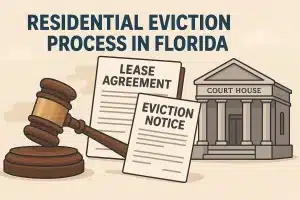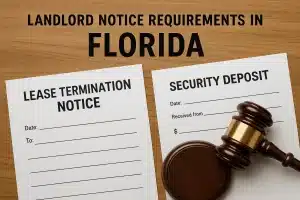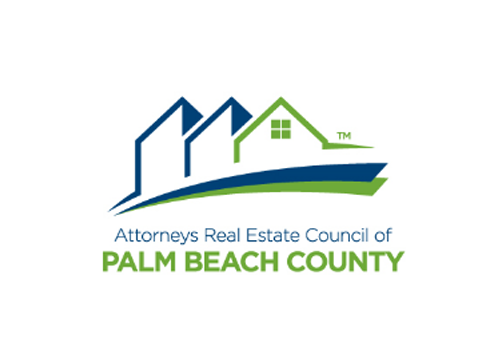
Law Blog
My neighbor installed a fence…

Response from Rich Harris, Esq. :
The term that applies to this situation is “Adverse Possession”. If property of another is possessed for the required period of time, the possession may vest title to the property in the party possessing it. There are two Florida statutes that establish the requirement for Adverse Possession. Florida Statute 95.16 establishes Adverse Possession under “color of title” and 95.18 establishes Adverse Possession without color of title. Color of title means that the party possessing the property possesses because of some claim of title to the property possessed which, even though it may not be an instrument that conveys good title, is founded on a written instrument or on a decree or judgment of Court. Examples of claims based on color of title would be possessing lands left in a written will which was not probated, possessing lands conveyed by an unrecorded or improperly executed deed, or possessing lands erroneously awarded by decree or judgment. If lands are possessed under color of title for a period of seven years, the party in possession will be deemed to own the property possessed.
If lands are possessed without color of title, under Statute 95.18 they must also be possessed for a period of seven years. However, this statute adds a requirement that the person claiming adverse possession notify in writing (by proper legal description) the property appraiser of the county where it is located within 1 year after entering into possession” and that he/she “has subsequently paid all taxes and matured installments of special improvement liens levied against the property by the state, county and municipality”.
These statutes define possession to include enclosure by a substantial barrier. Therefore, fencing most certainly constitutes possession. Cases construing these statutes have also stated that possession must be adverse. These cases have stated that it is adverse if it is “open and notorious” and without consent. In other words, the possession must be clear and apparent so that the owner of the property is aware that the property is possessed either by enclosure, use, or some other definite indication, and the property must be possessed without consent of the owner. Cases have held that giving permission for the possession of the property for an indefinite period of time prevents any claim of Adverse Possession.
Adverse Possession is not a simple concept. Therefore, because all the facts are not known, the best advice is to not allow the fencing to continue for a period of seven years.
The information provided in this article does not, and is not intended to, constitute legal advice; instead, all information, content, and materials available in this article are for general informational purposes only. Information in this article may not constitute the most up-to-date legal or other information. Readers should contact an attorney to obtain advice with respect to any particular legal matter. No reader, user, or browser of this article should act or refrain from acting on the basis of information in this article without first seeking legal advice from counsel in the relevant jurisdiction. Only your individual attorney can provide assurances that the information contained herein – and your interpretation of it – is applicable or appropriate to your particular situation.
The views expressed at, or through, this site are those of the author writing in their individual capacity only – not those of Scott-Harris as a whole. All liability with respect to actions taken or not taken based on the contents of this site are hereby expressly disclaimed. The content on this posting is provided “as is;” no representations are made that the content is error-free.
recent post


Navigating Florida’s Residential Eviction Process | Landlord & Tenant Guide

Landlord Notice Requirements for Residential Lease Termination and Security Deposit Claims in Florida
recent post

Residential Eviction for Nonpayment in Florida | Tenant Court Registry Requirements

Navigating Florida’s Residential Eviction Process | Landlord & Tenant Guide







